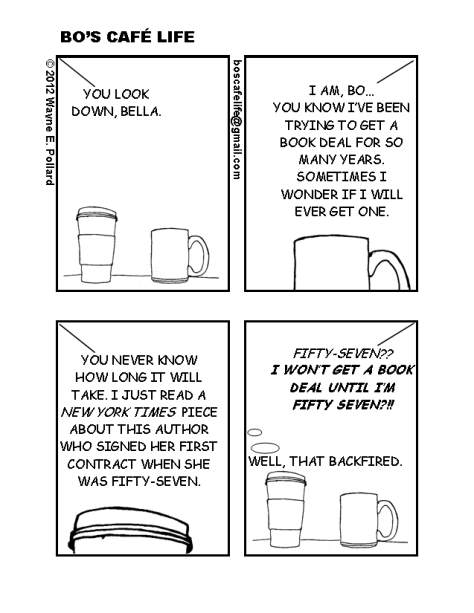I like to surprise myself occasionally, and that includes what I write about. Real life and fiction can both be well-ordered, which is fine as a framework to rely upon, but ultimately unsatisfying.
In writing, there’s Raymond Chandler’s advice about having a man with a gun enter a scene to liven things up. Surprises needn’t be that dramatic to be influential. While we’re creatively writing away, it can be easy to miss the wood for the trees, and it pays to step away from the text to see it as a reader might.
In nearing the end of my fourth novel, Sin Killers, I realised that I’d missed something out. My detective protagonist is planning to arrest a deadly married couple, who he suspects of running a campaign of intimidation, blackmail, kidnapping and murder.
As my story stood, he’d only met them once, quite by chance and for just a minute. There needed to be some form of confrontation, before he swooped in to arrest them. It was what a reader would expect to happen—a rounding out of the villains’ characters—via verbal sparring with their hunter.
I duly wrote a chapter that I hadn’t planned, where he watches them perform at a folk evening. The music they play, and the ghost story and poetry they orate reveals their attitudes towards retribution. Talking to them afterwards, my detective confirms that he’s chasing the right suspects.
I sometimes remind myself of the advice that explorer and writer Quentin Crewe gave about surprises:
Surprise yourself occasionally, even give yourself a shock. It might be just what people were expecting you to do.
This is bittersweet wisdom for me, as I once met Quentin Crewe. It was in 1981, and he was about to leave on a trans-Saharan expedition. He and his team came into the pub where I worked as a barman, leaving their mighty desert vehicles parked outside right where I could see them.
They were looking for a fit young man, able to join them at short notice, as one of their crew had broken his leg that morning. His sponsorship was in place, to fund the stand-in so I wouldn’t have to pay a thing…could I go?
At the time, I was doing bar work to save for going away to teacher training college in a couple of months. I had no family or girlfriend who needed me, and I could have postponed my plans to become a teacher for a year. Instead of choosing excitement and unpredictability, I went to college in some spurious attempt at being respectable. As the old saying goes, ‘We regret the things that we didn’t do, rather than the things that we did.’
Quentin Crewe wrote a book about his expedition, In Search Of The Sahara.

Ever since then, I’ve been watchful for missing the chance of adding surprise to my life, and that includes in my writing.
Have you ever almost missed out—in life, or in your writing?














:max_bytes(150000):strip_icc()/85455257-56a709dc5f9b58b7d0e6347e.jpg?w=474&ssl=1)




